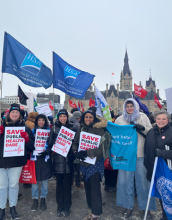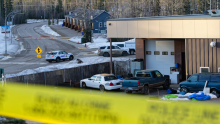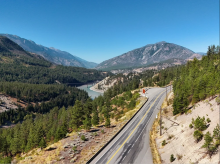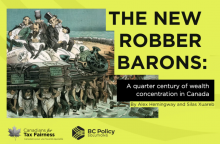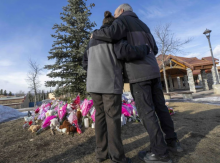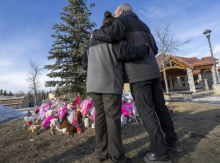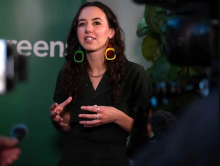The final months of 2025 were not kind to those concerned about the fate of our planet.
Rollbacks of hard-won climate policies and plans swept across the country like the seasonal flu. Vancouver city council passed an aggressively anti-climate budget despite hundreds of people showing up to speak to council in opposition.

